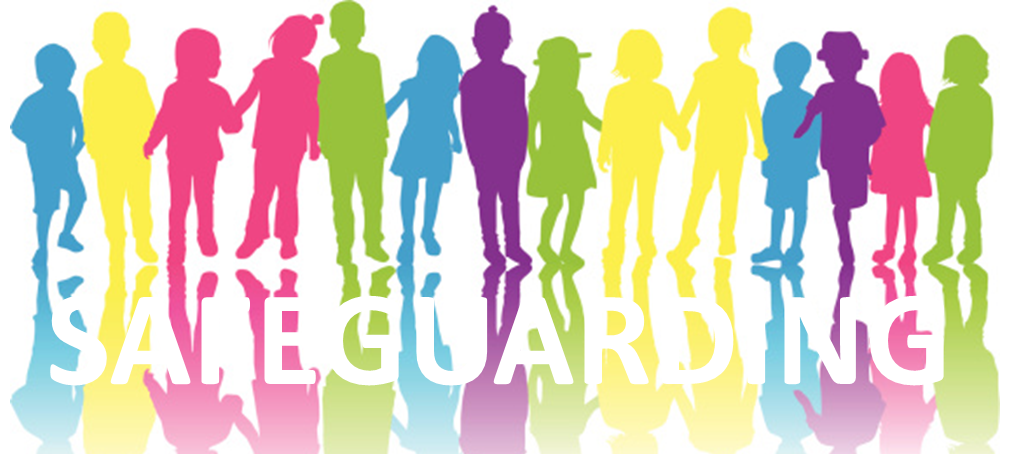
Some of the steps we take to ensure that children & adults are safeguarded
- Listen to children and adults in the communities we work in, and build in child and adult participation and feedback into all of our programming and advocacy work.
- Make children, their families, communities and our staff aware of the standards of behavior they can expect from us and of how they can raise a concern.
- Proactively promote and maintain clear, accessible and anonymous reporting mechanisms, including for those with disabilities.
- Complete criminal records checks and referencing for all staff during recruitment.
- In-depth safeguarding induction and refresher training for staff, at least once every two years.
- Ensure all representatives are aware of the risks of child and adult abuse, their safeguarding responsibilities, and the requirement to report.
- Risk assess all activities and adhere to robust mitigation plans.
- Embed ‘safer programming’ steps throughout our programme development and implementation.
- Limit the opportunities for staff, volunteers and partners to abuse children, for example, by ensuring that no child or children are left alone with a staff member.
- Take all concerns seriously, and respond rapidly in a survivor-focused way.
- Learn lessons from all incidents, and ensure learning is implemented.
- Report all serious concerns to the Charity Commission and donors as appropriate.
